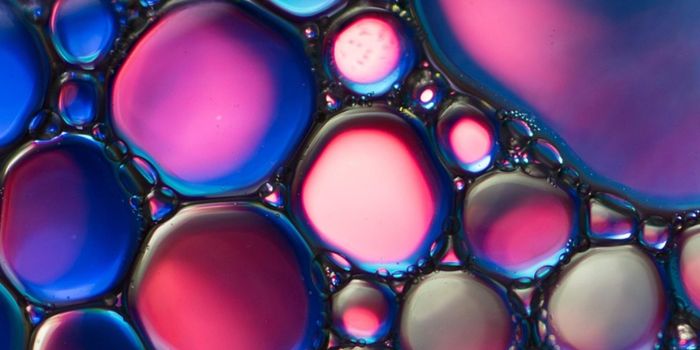'Pulling an All-Nighter' Increases Dopamine and Synaptic Plasticity

‘Tired and wired’ is a common feeling following an all-nighter. While the body is tired, the brain is giddily active. Although chronic sleep loss is well-studied, brief sleep loss- such as when studying a night before an exam- is less understood. In the current study, researchers set out to understand more about this phenomenon.
To do so, they induced sleep loss in a group of mice via a way gentle-enough to avoid substantial stress for the animals, yet uncomfortable enough to prevent them from sleeping. The researchers also used optical and genetically encoded tools to measure dopamine activity.
Ultimately, they found that sleep deprivation had a potent antidepressant effect on the mice, and that they become more aggressive, hyperactive, and hypersexual compared to controls that were able to sleep as normal. They also found that sleep-deprived mice had higher dopamine activity in three of the four areas of the brain responsible for dopamine release: the prefrontal cortex, the nucleus accumbens, and the hypothalamus.
From further tests, they found that the dopamine activity in the medial prefrontal cortex was mainly responsible for the observed antidepressant effects.
"That means the prefrontal cortex is a clinically relevant area when searching for therapeutic targets. But it also reinforces the idea that has been building in the field recently: Dopamine neurons play very important but very different roles in the brain. They are not just this monolithic population that simply predicts rewards,” said study author Professor Yevgenia Kozorovitskiy of the Department of Neurobiology at Northwestern University, in a press release.
While behavior such as hyperactivity and increased sexuality receded within a few hours following acute sleep loss, the anti-depressant effects lasted for a few days. This, noted the researchers, means that sleep deprivation may have enhanced synaptic plasticity in the prefrontal cortex. Further experiments confirmed that new synapses formed during sleep loss had an antidepressant effect.
The researchers do not fully understand why sleep loss has this effect on the brain. They noted, however, that it might be a useful mechanism to delay sleep in emergencies such as fleeing from a predator.
Prof. Kozorvitskly noted, however, that while short-term sleep loss may have some benefits, routine sleep loss could be detrimental. She thus cautioned against pulling an all-nighter to uplift a bad mood.
"The antidepressant effect is transient, and we know the importance of a good night's sleep. I would say you are better off hitting the gym or going for a nice walk. This new knowledge is more important when it comes to matching a person with the right antidepressant,” she concluded.
Sources: Science Daily, Neuron








